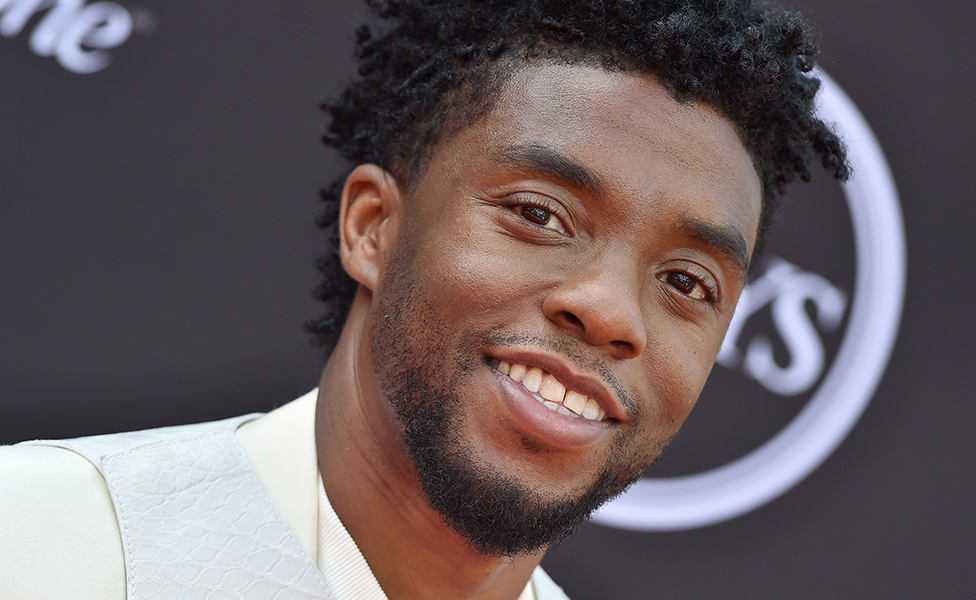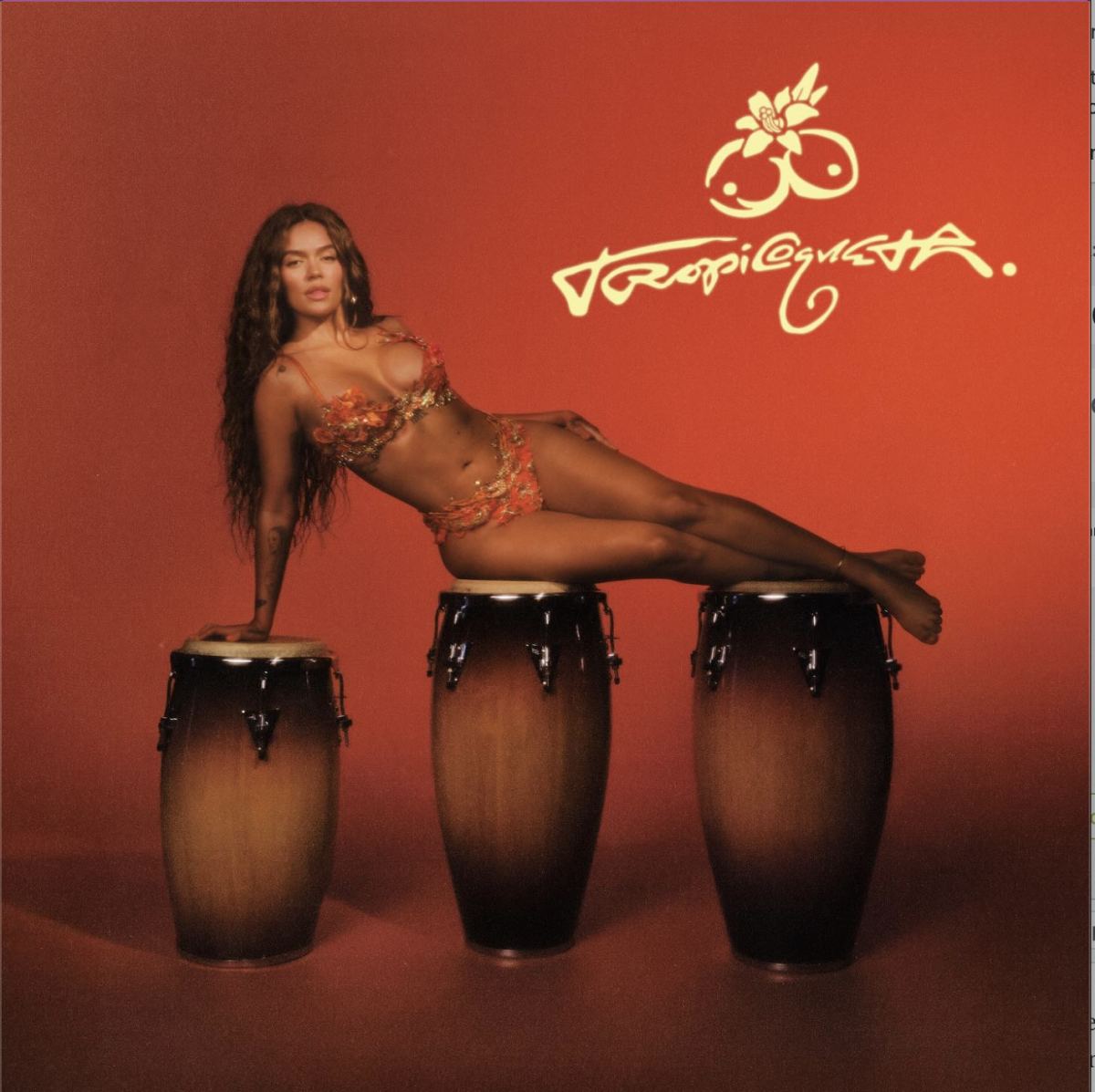Celebrity deaths are a strange phenomenon in our culture. We are saddened by these losses collectively, but rarely do we process it as personally as we would the death of a friend or family member. We feel the absence in the media we consume, rather than an absence in our daily lives. Unfortunately, this experience with popular mortality is not universal.
Chadwick Boseman was fighting stage IV colon cancer for four years, during which time he filmed seven blockbuster films, including “Marshall,” “21 Bridges,” “Black Panther” and the final two “Avengers” films.
Producing just one minute of usable footage for a feature-length film is a near-Herculean task. Ask any of the film students here at Rowan. And I don’t think I need to explain how physically taxing cancer is. So to film seven movies while fighting stage IV colon cancer is a feat of strength that most human beings are probably not capable of. Another self-explanatory aspect of this is how important and revered the character of the Black Panther is in pop culture.
Boseman was a legendary actor, and his talent was virtually unmatched. He was the kind of actor that every burgeoning young thespian aspires to be – including myself. And I do not speak for Black Americans, but I can understand and empathize with the impact of seeing yourself represented on the big screen, especially in a franchise as massive as the Marvel Cinematic Universe, a property that has dominated the box office for most of the past decade.
The loss of Boseman is made even more devastating when you look at his career through this lens. He was an instrumental figure in pushing for Black equity in Hollywood. There have been plenty of famous Black actors and actresses, but Boseman was proving that Black actors could be tried and true movie stars, giving impactful performance after impactful performance, the kind of actor who pulls in ticket sales entirely on his own. His portrayals of Jackie Robinson in “42” and Thurgood Marshall in “Marshall” were particularly excellent at bringing essential Black figures in history to a new, more modern spotlight.
But beyond all of that, losing Boseman at this time, at this moment in our lives, during a practically unprecedented time of civil unrest, centered around the mistreatment of Black Americans, makes it just that much harder to process. It makes it feel almost like a cruel joke even. He was relatively silent prior to his passing, but I don’t consider it a stretch to think that someone who many considered to be a figurative and literal Black hero would be in favor of the Black Lives Matter movement, and the social change we’re all wishing to inspire at the moment.
There is now a massive hole in the world of entertainment that cannot properly be filled. We have no idea what Disney/Marvel has planned for “Black Panther 2,” momentarily confirmed for a 2022 release, or for the character’s place in the future of the franchise. We can only hope Boseman’s legacy is properly upheld and respected, and that his legendary performances are preserved for future generations to witness.
My deepest condolences to the family and friends of Chadwick Boseman, and to all who may be affected by this tragedy. Yibambe.
For questions/comments about this story, email [email protected] or tweet @TheWhitOnline.
























































































































































!["Working with [Dr. Lynch] is always a learning experience for me. She is a treasure,” said Thomas. - Staff Writer / Kacie Scibilia](https://thewhitonline.com/wp-content/uploads/2025/04/choir-1-1200x694.jpg)









































